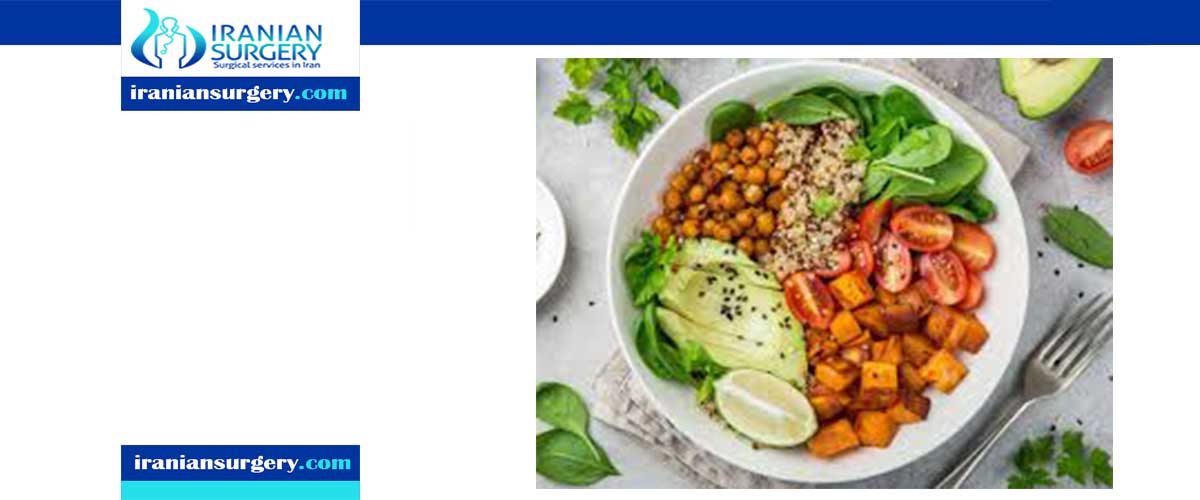PCOS treatment diet
What are the best foods for PCOS?
A diet high in refined carbohydrates, such as starchy and sugary foods, can make insulin resistance, and therefore weight loss, more difficult to control.
Research has found that what people eat has a significant effect on PCOS. That said, there is currently no standard diet for PCOS.
However, there is widespread agreement about which foods are beneficial and seem to help people manage their condition, and which foods to avoid.
Foods to avoid
- foods high in refined carbohydrates, such as white bread and muffins
- sugary snacks and drinks
- inflammatory foods, such as processed and red meats
Foods to add
- high-fiber vegetables, such as broccoli
- lean protein, such as fish
- anti-inflammatory foods and spices, such as turmeric and tomatoes
Three diets that may help people with PCOS manage their symptoms are:
- A low glycemic index (GI) diet: The body digests foods with a low GI more slowly, meaning they do not cause insulin levels to rise as much or as quickly as other foods, such as some carbohydrates. Foods in a low GI diet include whole grains, legumes, nuts, seeds, fruits, starchy vegetables, and other unprocessed, low-carbohydrate foods.
- An anti-inflammatory diet: Anti-inflammatory foods, such as berries, fatty fish, leafy greens, and extra virgin olive oil, may reduce inflammation-related symptoms, such as fatigue.
- The DASH diet: Doctors often recommend the Dietary Approaches to Stop Hypertension (DASH) diet to reduce the risk or impact of heart disease. It may also help manage PCOS symptoms. A DASH diet is rich in fish, poultry, fruits, vegetables whole grain, and low-fat dairy produce. The diet discourages foods that are high in saturated fat and sugar.
10 common question about PCOS treatment diet
1How can I lose weight fast with PCOS?
How to Lose Weight With PCOS: 13 Helpful Tips
Reduce Your Carb Intake. Lowering your carb consumption may help manage PCOS due to carbs' impact on insulin levels. ...
Get Plenty of Fiber. ...
Eat Enough Protein. ...
Eat Healthy Fats. ...
Eat Fermented Foods. ...
Practice Mindful Eating. ...
Limit Processed Foods and Added Sugars. ...
Reduce Inflammation.
2What is the best diet for PCOS?
Protein foods such as beans, hummus, nuts, peanut butter, tofu, eggs, fish, chicken, meat, and vegetarian meat substitutes, and fats such as olive oil, nuts, and avocado are important parts of a PCOS–friendly eating plan.
3How can I control Pcod naturally?
6 Natural Treatments for PCOS
Be strategic with calories. One study indicates that caloric intake timing can have a big impact on glucose, insulin and testosterone levels. ...
Decrease AGEs. ...
Bone up on vitamin D and calcium. ...
Get enough magnesium. ...
Increase your chromium. ...
Load up on omega-3s.
4Are eggs good for PCOS?
Not only do eggs just taste so damn good, they also have some good-for-you benefits. Because egg whites contain a decent serving of protein, while the yolk holds omega 3 fatty acids, iron, folate, thiamin, and essential vitamins, an egg or two a day can actually improve PCOS symptoms.
5What is the best exercise for PCOS?
Here are the best types of exercise and how they can help. Moderate exercise like brisk walking, jogging, cycling or swimming are all great activities that can help with PCOS. This type of exercise increases your bodies sensitivity to insulin, which reduces your risk of cardiovascular disease and type 2 diabetes.
6Which fruit is good for PCOS?
They include:
tomatoes.
kale.
spinach.
almonds and walnuts.
olive oil.
fruits, such as blueberries and strawberries.
fatty fish high in omega-3 fatty acids, such as salmon and sardines.
7What to avoid if you have PCOS?
People on a PCOS diet should avoid sugary beverages. In general, people on a PCOS diet should avoid foods already widely seen as unhealthful. These include: Refined carbohydrates, such as mass-produced pastries and white bread.
8Is milk bad for PCOS?
As per the results of the past studies, there is a positive relationship between low-fat milk and PCOS. Low-fat dairy products may increase the level of insulin like growth factor I (IGF-I). ... Compared with low-fat dairy products, whole milk and fat-rich dairy products have a higher estrogen concentration.
9What is the best medicine for Pcod?
To help you ovulate, your doctor might recommend:
Clomiphene (Clomid). This oral anti-estrogen medication is taken during the first part of your menstrual cycle.
Letrozole (Femara). This breast cancer treatment can work to stimulate the ovaries.
Metformin (Glucophage, Fortamet, others). ...
Gonadotropins.
10What is the reason for Pcod?
Polycystic ovary syndrome (PCOS), also known as polycystic ovarian syndrome, is a common health problem caused by an imbalance of reproductive hormones. The hormonal imbalance creates problems in the ovaries. The ovaries make the egg that is released each month as part of a healthy menstrual cycle.
[kkstarratings]



